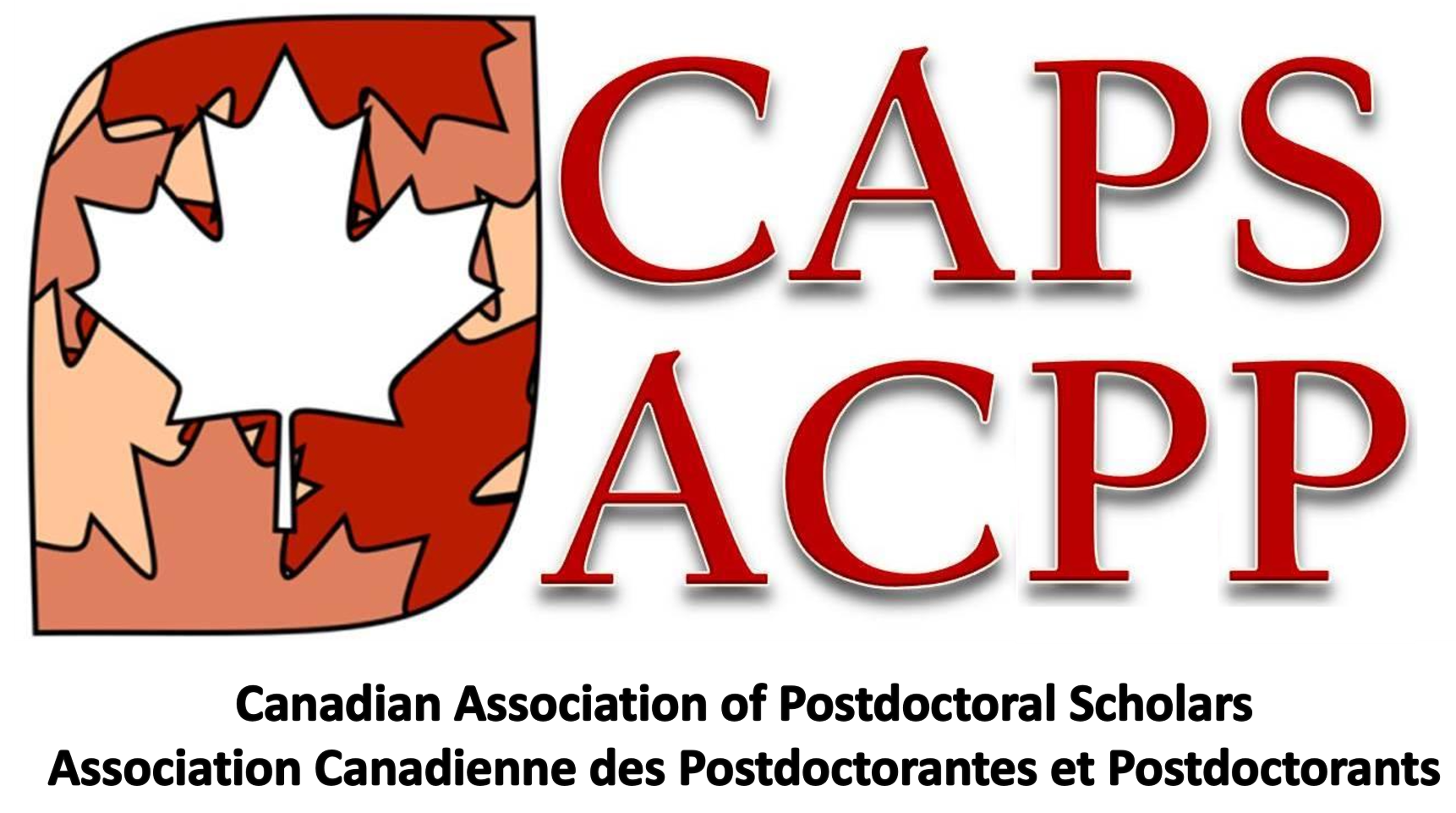Frequently Asked Questions
POSTDOC BASICS
What is a postdoc?
A postdoc is defined as an individual holding a recently completed research doctoral degree (or medical professional equivalent) in a temporary period of mentored research and advanced training, linked to a university or an affiliated institution, to acquire competencies for undertaking intensive independent research .
How do I find a position as a postdoc in Canada?
There is not one standard way of finding a postdoc position in Canada. Some positions are advertised in a similar manner to regular jobs. Places to look for these might be on mailing lists, job boards, or university job websites. Other positions are unadvertised and can only be found through networking. You may have to talk to a potential supervisor directly (for example at a conference or networking event), or email them asking if there is a position available.
MONEY MATTERS
Do postdocs pay income tax?
Yes. Postdoc salaries/stipends are considered to be taxable employment income by the Canadian federal government. Provincial treatment of taxes may vary – please contact your local Postdoctoral Association – but generally also apply.
Can CAPS-ACPP help me with my taxes?
No. CAPS-ACPP is not authorized to give individual tax advice. You will have to contact an authorized tax advisor, the Canada Revenue Agency, or your provincial tax authority.
How do I find funding?
Most postdocs in Canada are funded through research grants held by their supervisors. However, there are a number of other sources of funding in the form of scholarships and awards for postdocs in Canada. Federal funding provides support for many postdocs through the Tri-Council agencies: the Social Sciences and Humanities Research Council (SSHRC), the Natural Sciences and Engineering Research Council (NSERC) and the Canadian Institutes of Health Research (CIHR). Mitacs is another federal organization that provides funding for postdocs in collaboration with industry partners. Provinces also have provincial research funding agencies (e.g., Alberta Innovates) that provide support for postdocs. There are other specialized organizations (e.g., the MS Society) that provide funds to support postdocs conducting research in specific fields, as well as some international funding agencies (e.g., Burroughs Wellcome Fund) that are open to supporting postdocs working in Canada.
Do postdocs get benefits such as extended health care or maternity leave?
It depends on many factors such as where you work and how you’re funded. Please check with your funding agency (or boss), your local Postdoctoral Association, or institutional administration.
INTERNATIONAL POSTDOCS
Do I need a Labour Market Impact Assessment (LMIA) to apply for postdoctoral positions in Canada?
No. Postdoctoral work is LMIA-exempt (Exemption C44). To learn more visit the CIC (Citizenship & Immigration Canada) website at: http://www.cic.gc.ca/english/resources/tools/temp/work/opinion/policy.asp
Do I need a work permit to hold a postdoctoral position in Canada?
A work permit is commonly required for foreign citizens to hold a postdoctoral position in Canada. Canadian universities and institutions that hire postdocs are well versed in the steps required and generally provide a great deal of support in completing the necessary paperwork. General information can also be found on the following CIC webpage: http://www.cic.gc.ca/english/work/permit.asp
What are the procedures for immigrating to Canada if I decide to stay after my postdoc?
You will need to apply for permanent residence. For more information please visit this page on the CIC website: http://www.cic.gc.ca/english/
CAPS-ACPP ORGANIZATION
How do I become a member of CAPS-ACPP?
Simply click on the “Register as a Member” button at the top left of any page on our website. That button will take you to a brief membership form. Complete the form and indicate which of our mailing lists you would like to join, then submit it. You should receive invitations to the selected mailing lists within 1-2 days. If you do not, please email communications[at]capsacpp.ca to let us know.
How do I become more involved with CAPS-ACPP?
We’re always looking for more volunteers and for people who are interested in leadership positions in CAPS-ACPP. Please email our Vice-Chair Communications communications[at]capsacpp.ca and let them know you’re interested. You will be invited to one of our monthly Zoom meetings where you can meet the CAPS-ACPP executives and find projects that interest you.
Does CAPS-ACPP organize professional development workshops?
No. CAPS-ACSP does not have the funding or personnel needed to organize workshops at this time. Please contact your local postdoctoral association to find out what workshops are available to you.
How do you start a Postdoctoral Association (PDA)?
You will have to gather enough like-minded postdocs, write a constitution that describes how your association will run, elect officers and develop a vision and mission. Having the support of your local administration is also very useful. CAPS-ACPP is very interested in helping new PDAs get off the ground. Please contact us, and we can discuss with you in more detail how to get your PDA organized.
